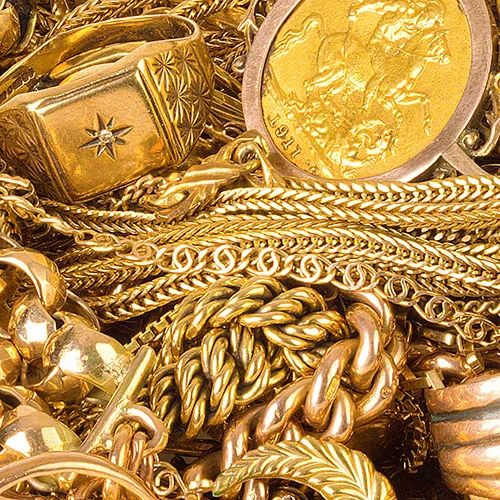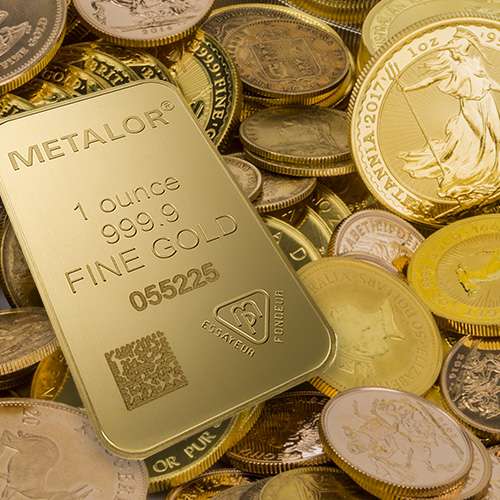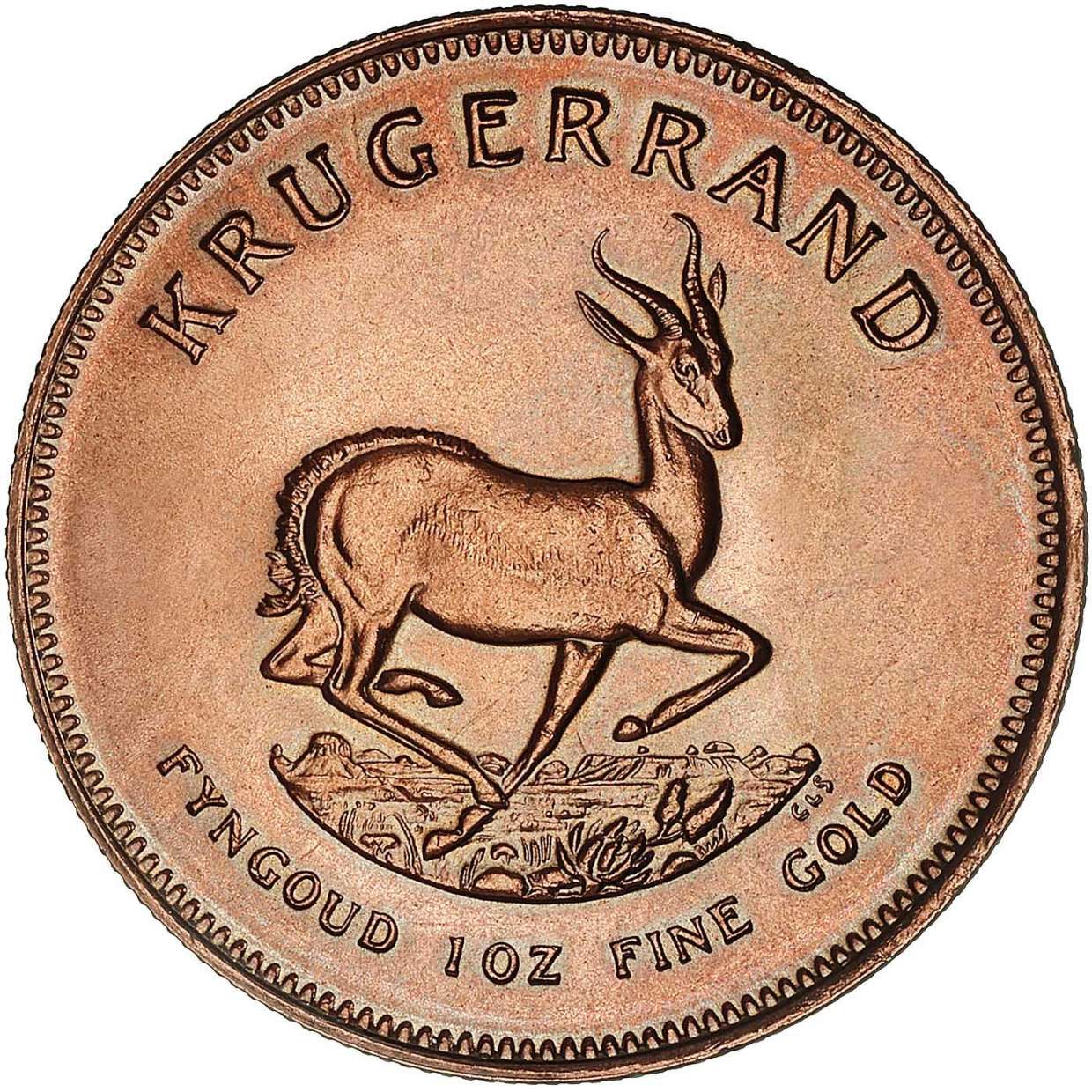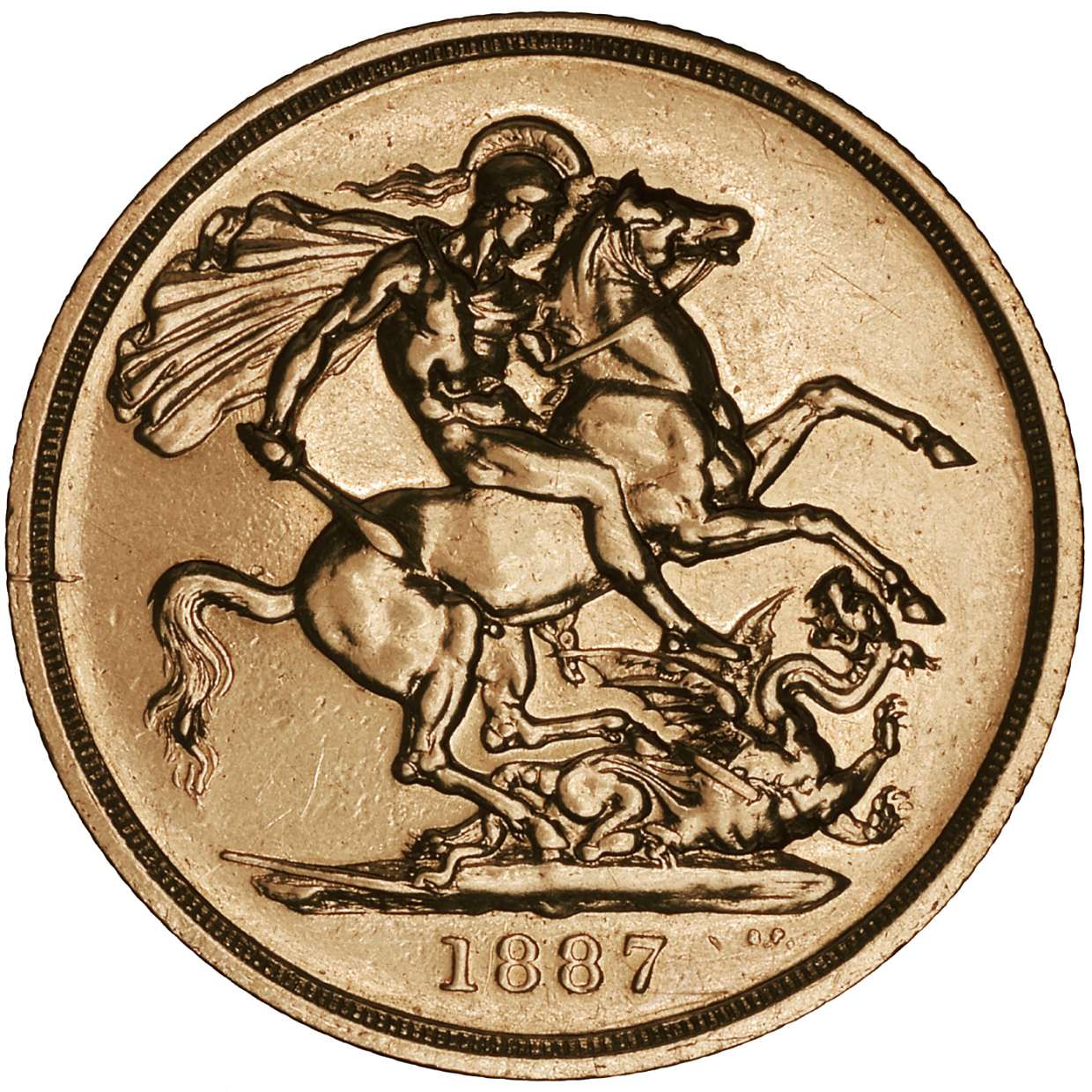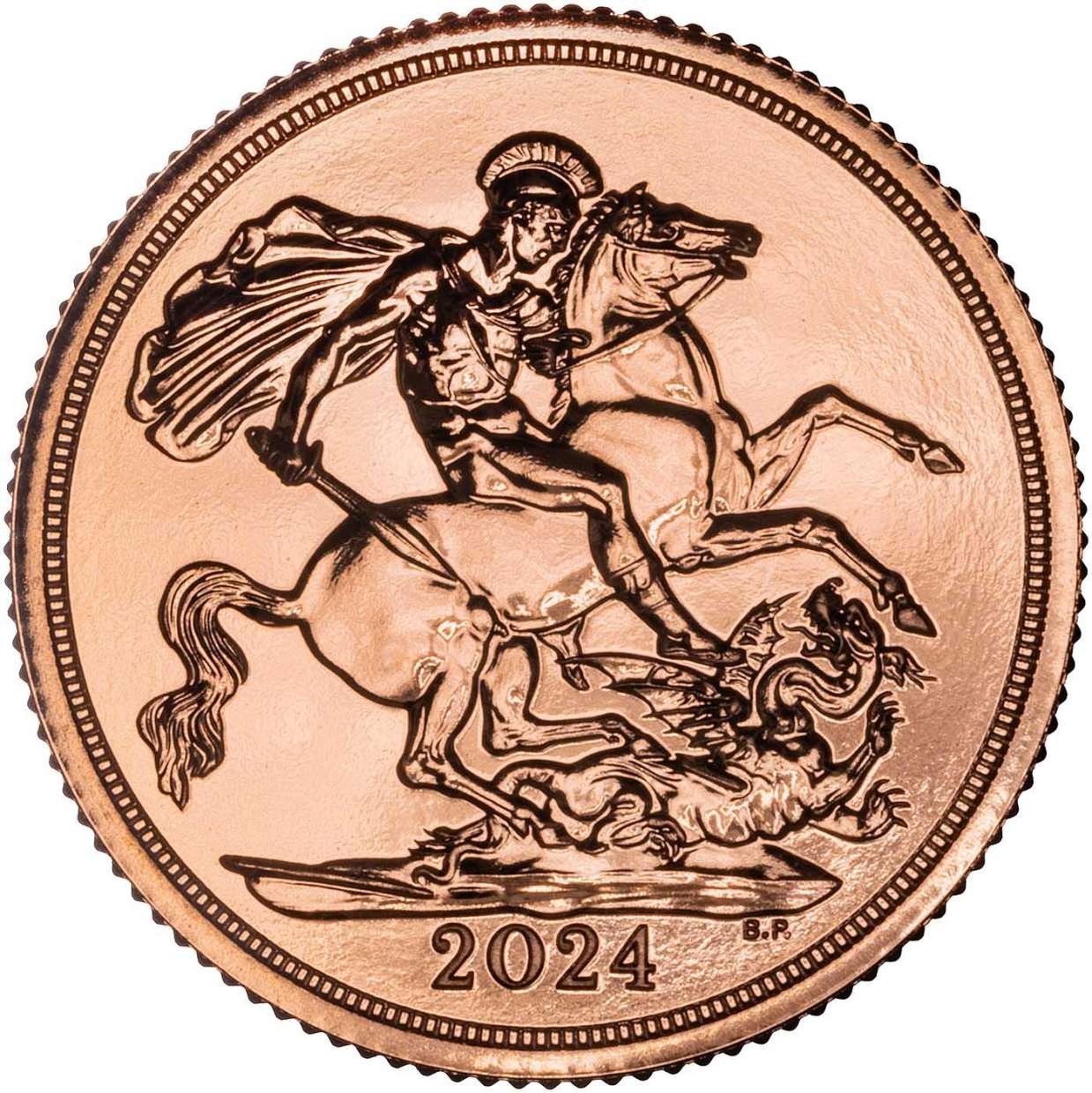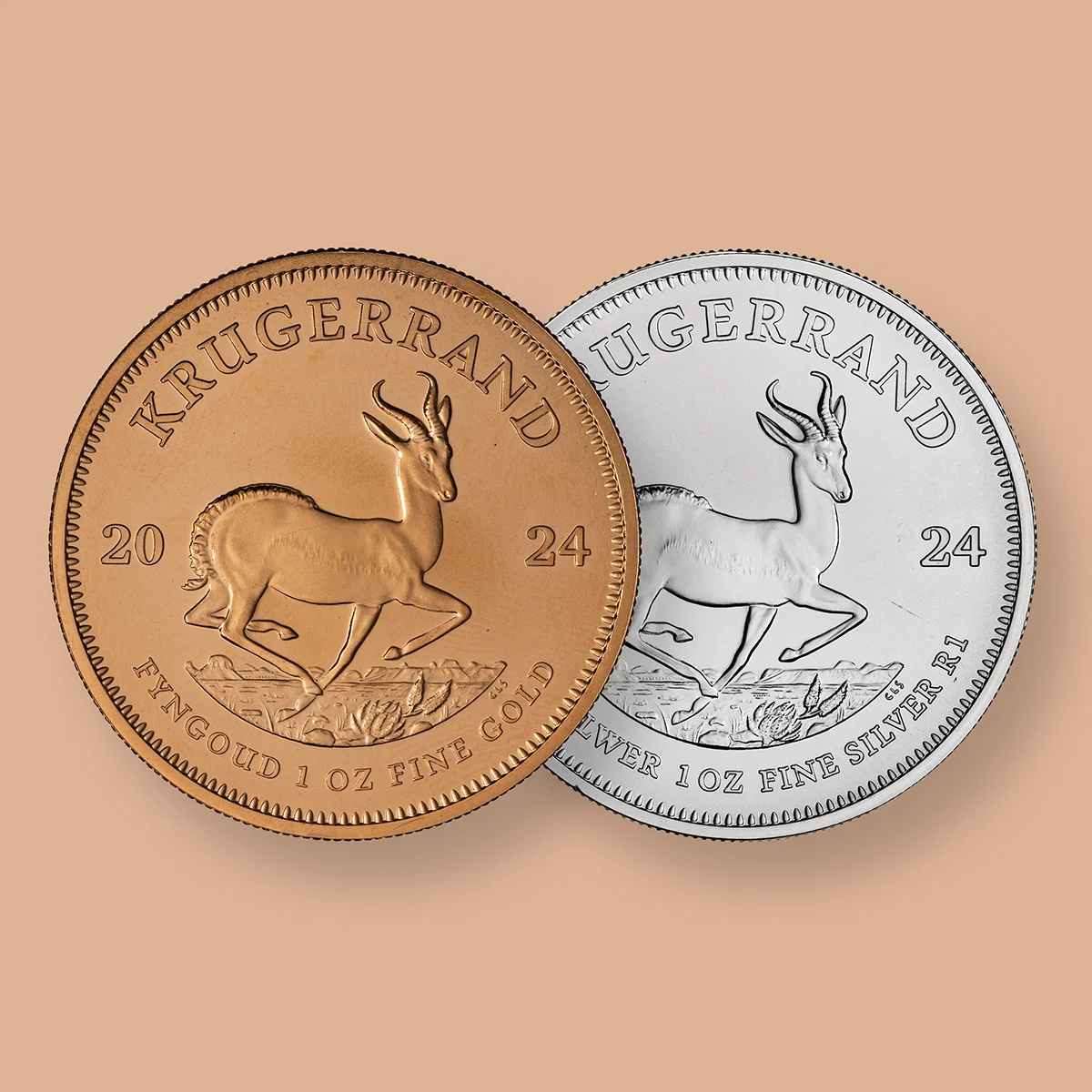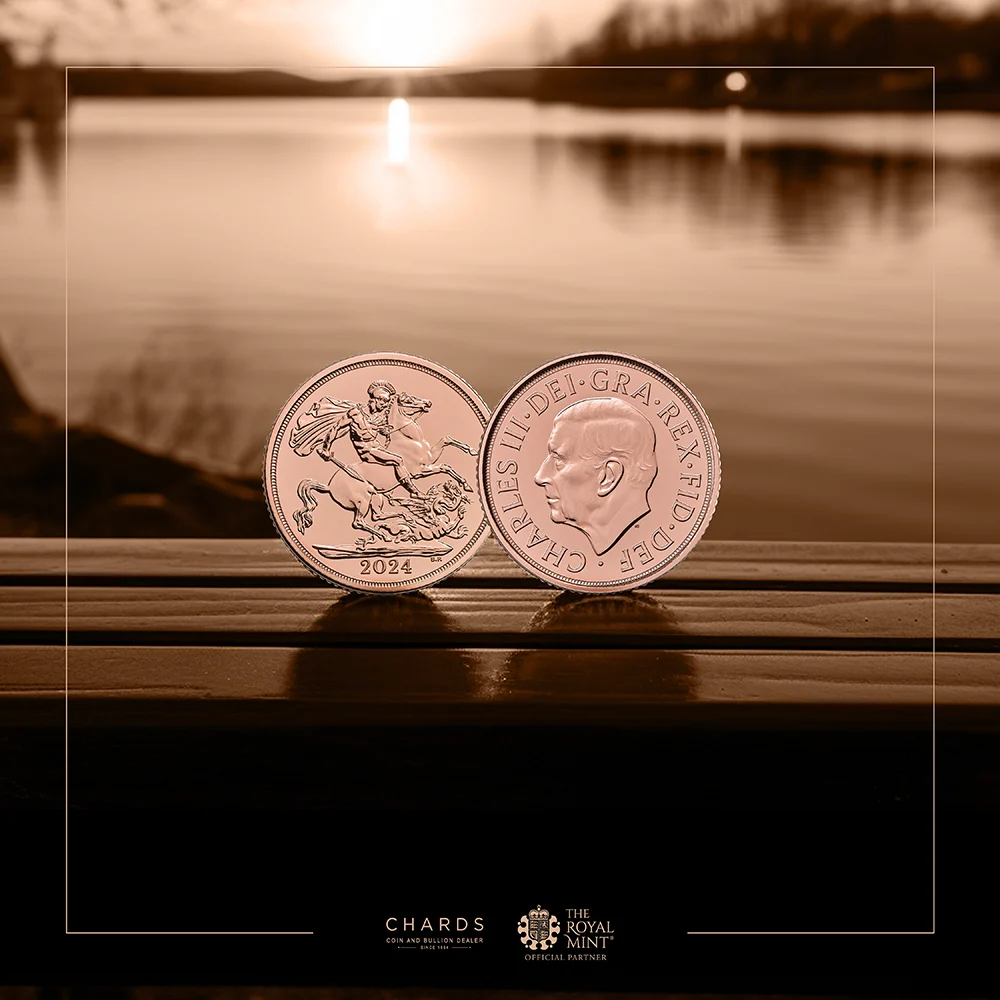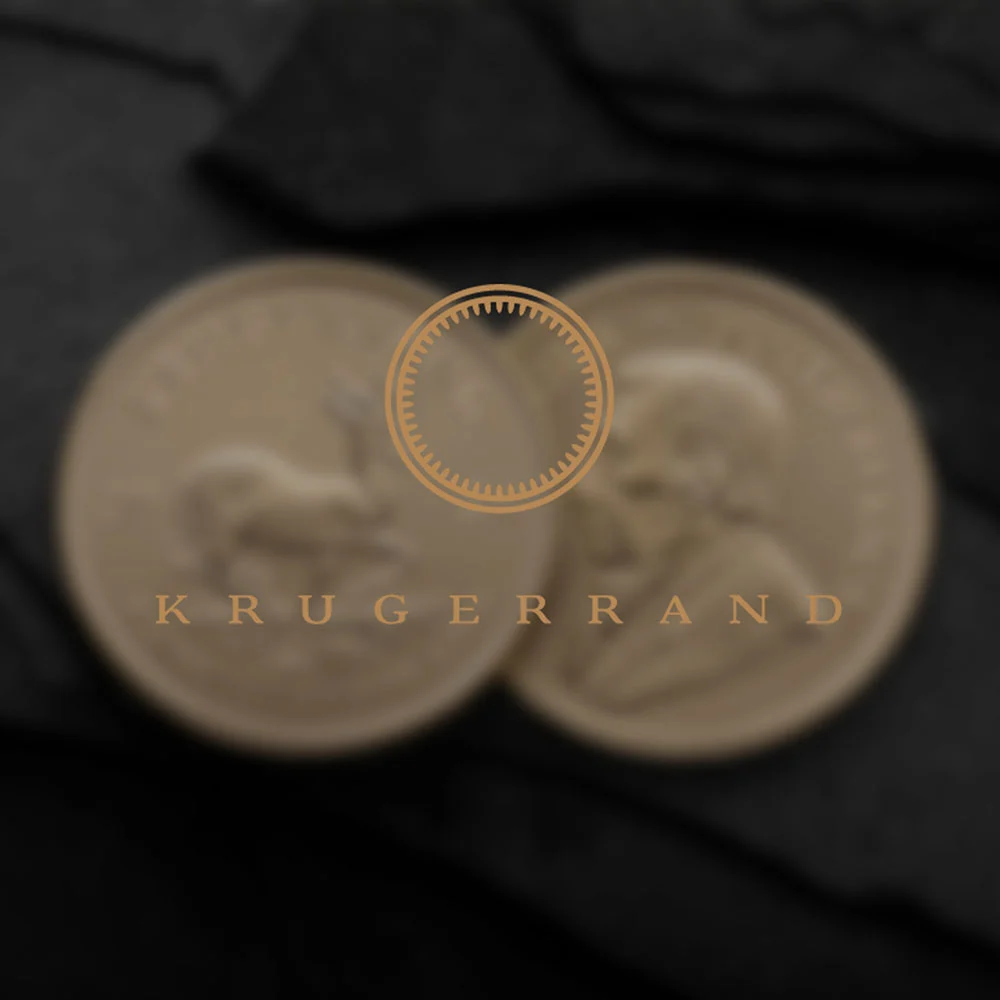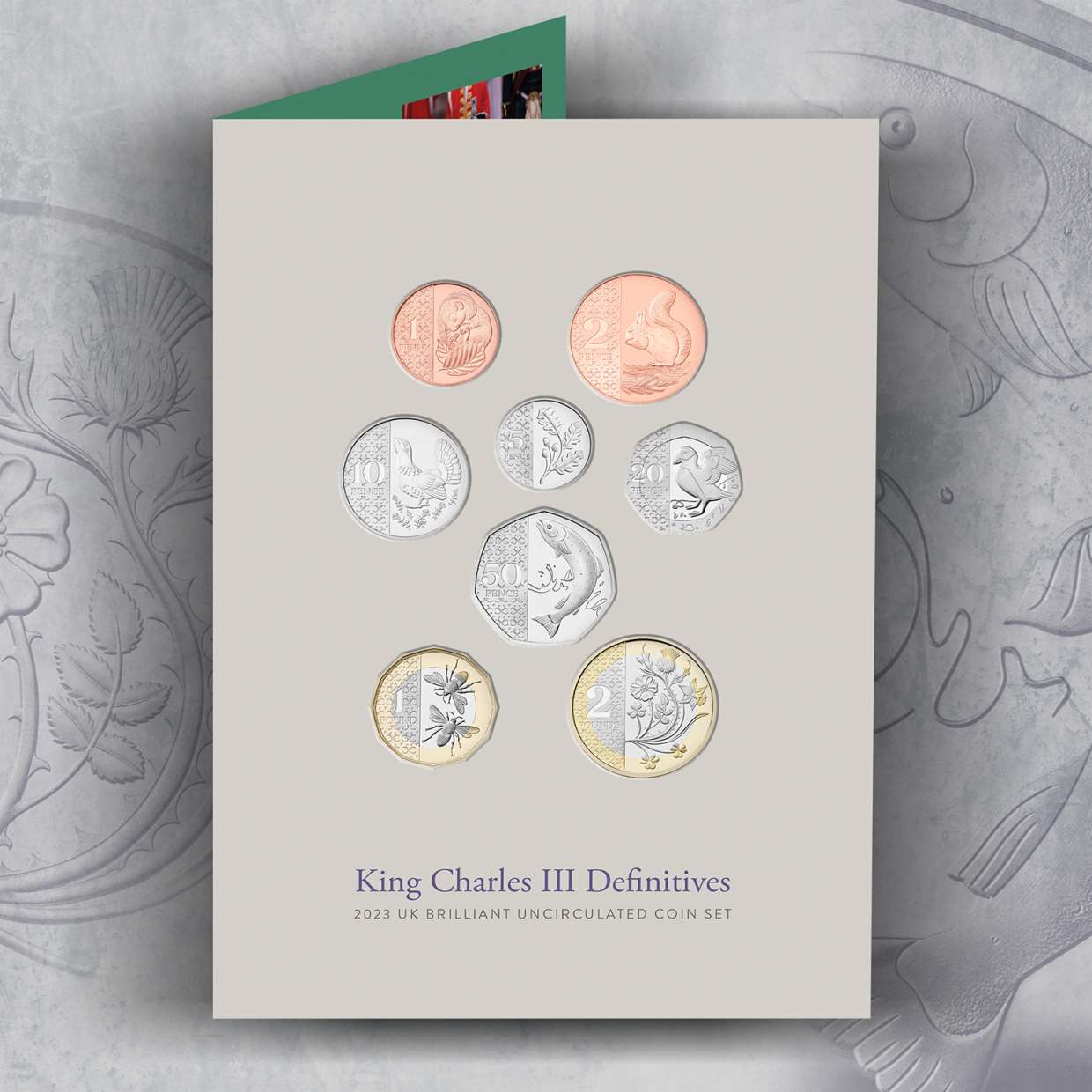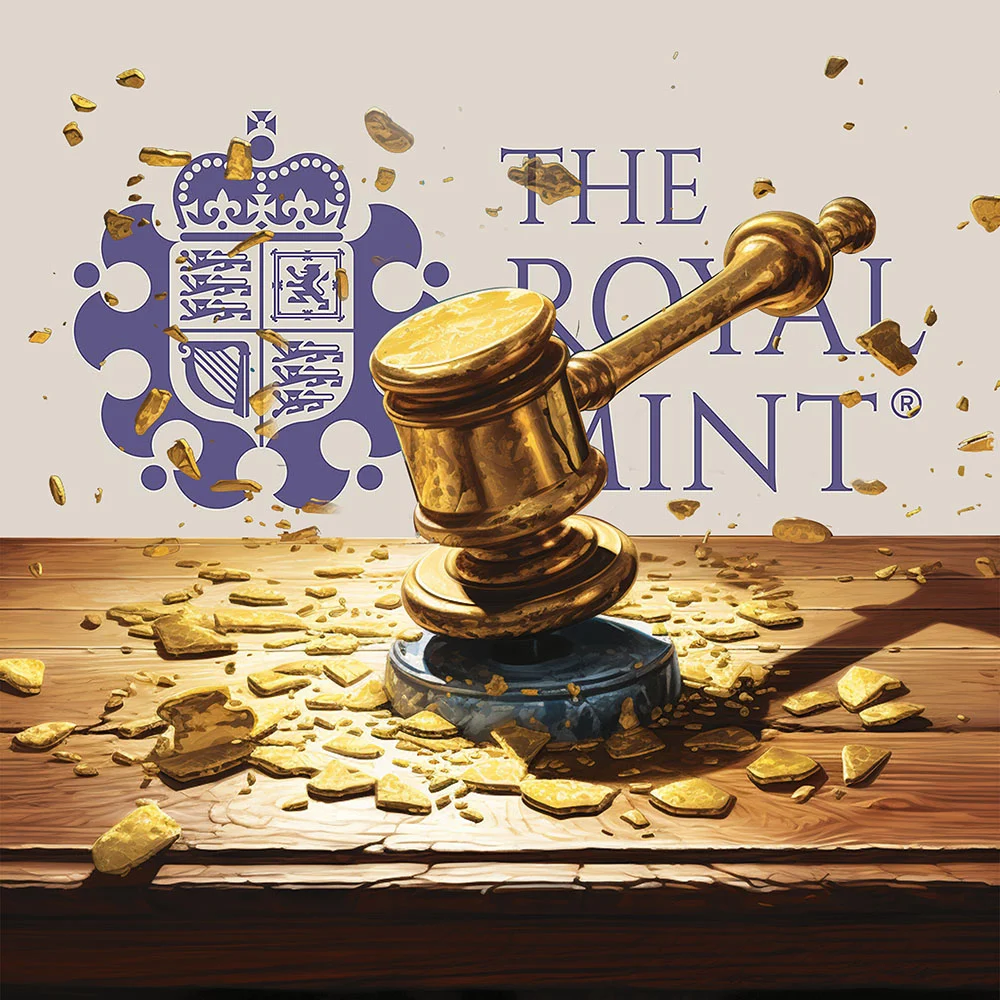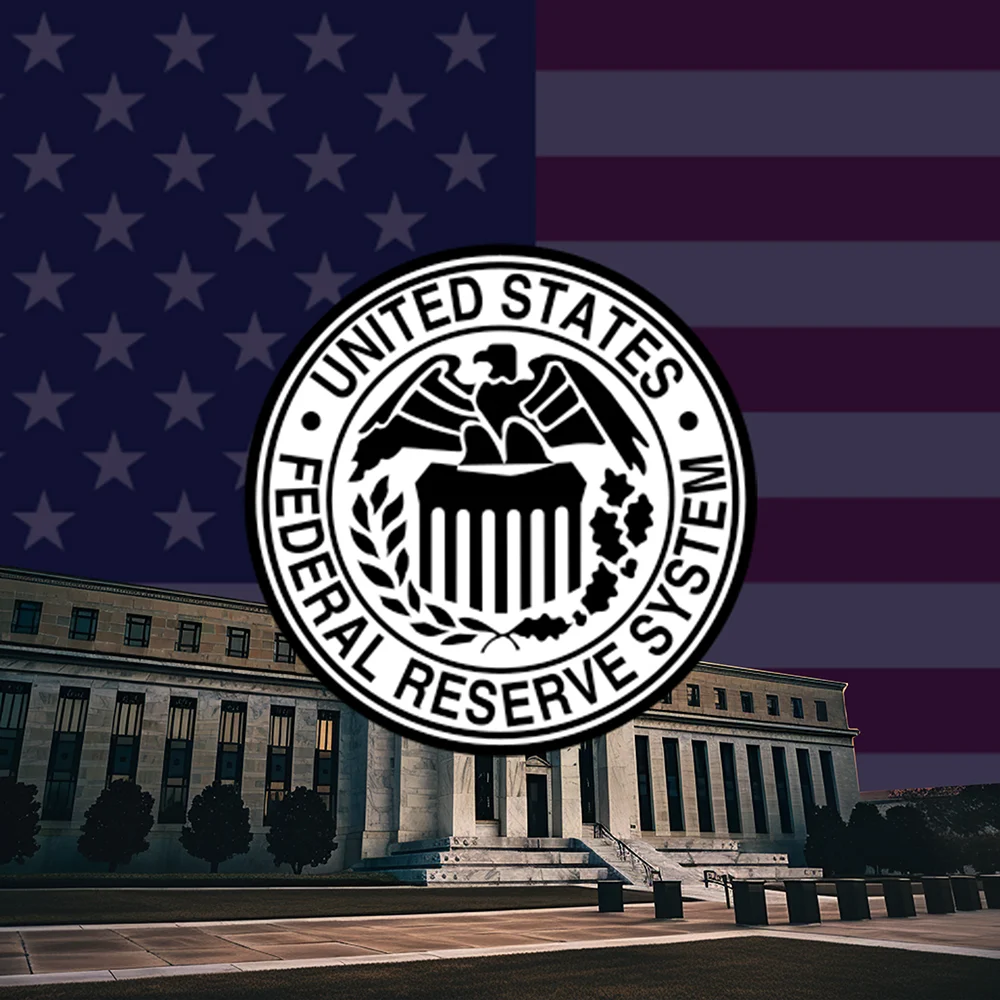UK Recession - Effects on Sterling, Dollars, and Precious Metals
Synopsis
UK Recession - Effects on Sterling, Dollars, and Precious Metals. Mini budget 2022 and will the stock market crash?

Mini Budget - Immediate Effects on Precious Metal Prices and Pound Sterling Exchange Rate
1. In a massive shake-up of the UK's finances, Chancellor Kwasi Kwarteng has outlined a series of tax cuts and economic measures he says will boost growth.
2. It's the biggest tax-cutting event since 1972, the director of the Institute for Fiscal Studies says.
3. The basic rate of income tax has been cut to 19p and the 45% top rate of tax for higher earners abolished - although this doesn't apply in Scotland.
4. The threshold before stamp duty is paid in England and Northern Ireland has been raised to £250,000 - for first time buyers it's £425,000.
5. The cap on bankers' bonuses has been lifted, and a planned rise in corporation tax has been scrapped.
6. An increase in National Insurance has been reversed, and low-tax investment zones will be set up across the UK.
7. Labour's shadow chancellor said it was a plan "to reward the already wealthy" and would not help those struggling most with rising prices.
8. I instantly realised this was likely to push the pound down on foreign exchange markets, which it has, currently £ = 1.1057.
The Chancellor has been questioned by the market about his mini budget which highlighted the biggest tax cut for 50 years.
This would also have a corresponding effect on gold and silver prices:
- Sure enough, gold was £1,492, but now, as of writing, this is about £1,489. Gold could wobble to £1500+ and silver is relatively unchanged at £17.29.
- It will be interesting to see where all three of the above prices (GBP, AU, and AG) go in the next few days and weeks.
Bank of England says England is now in recession
The Bank of England has raised interest rates to 2.25%, the biggest increase of inflation for 40 years. The bank of England now firmly believes that the UK economy is in a recession.
US Federal Reserve raise interest rates this week
The Federal Reserve on September 21st 2022, increased rates by .75 percent which has now increased rates up to 3% and 3.25%. Furthermore, the outcome of the increase made by the Federal Reserve means it is the highest US interest rates have been in 15 years, which may lead to a recession in America.
Sterling has been weakening against the dollar
The Sterling Pound has plunged to the lowest level ($1.0327) against the US dollar since decimalisation in 1971. Moreover, the Bank of England has forecast that inflation will be in double digits (11%) for several months before we start to see things get better. As a result of several variables, the dollar is strong, despite the US economy not being in a great state. For this reason many investors will choose dollars over any other currency.
Central Banks are tightening monetary policy into recession.
Tight monetary policy means the central bank has increased interest rates to limit economic expansion and the demand of money. The aim of tight monetary policy is to gain a handle on inflation by reducing it without repercussion effects. Gold is a traditional hedge against inflation and economic uncertainty, but the high dollar is controlling prices.
History of Inflation in the United Kingdom
The UK has never suffered from hyperinflation but have, in many periods, had troubles with inflation such as:
- French Revolution (1789 – 1799) - The French revolution years that had the largest impact on inflation in the UK was 1794 (7.70%), 1795 (11.60%) and 1799 (12.30%).
- Pre Napoleonic War (1800) - The year 1800 saw the largest increase in inflation (36%), the highest known figure in British history. Almost two decades of fighting drained much of the UK’s resources.
- Napoleonic War (1803-1815) - A year before the Napoleonic war inflation in the UK was at -23% from the previous year. Throughout the duration of the war there were peaks of high inflation. The years that affected the UK most were 1805 (16.20%), 1809 (9.70%) and 1812 (13.20%). Towards the end of the war in 1815, the UK saw inflation drop down -10.70%.
- First World War (1914-18) - In 1914 inflation was down -0.30% from 1913, and by the end of WW1 inflation was 22% with the peak happening in 1917 (25.20%).
- 1970’s – The 1970's was one of the toughest decades for the UK in terms of inflation because of increased oil prices and large wage growth.
- 1980's - Inflation was brought under control from the tough decade of inflation in the 1970's.
- 1980's - 2000's - 20+ year period until 2000’s known as the great moderation.
- 2022 – Inflation rose 10% due to rising oil prices, gas, electricity, and food prices.
Gold is not doing well for dollar terms but is for Sterling
The price of gold is performing poorly against the dollar since the 23rd of September 2022, after the announcement of the 2022 Mini Budget in the UK. Today the gold price against the dollar are at a new 2.5 year low, whereas Sterling has seen a large increase in the gold price.
- A stronger dollar overall makes gold a less attractive investment to holders of other currencies such as sterling, euro, and the many others as the price increases.
Related Articles
This guide and its content is copyright of Chard (1964) Ltd - © Chard (1964) Ltd 2024. All rights reserved. Any redistribution or reproduction of part or all of the contents in any form is prohibited.
We are not financial advisers and we would always recommend that you consult with one prior to making any investment decision.
You can read more about copyright or our advice disclaimer on these links.


